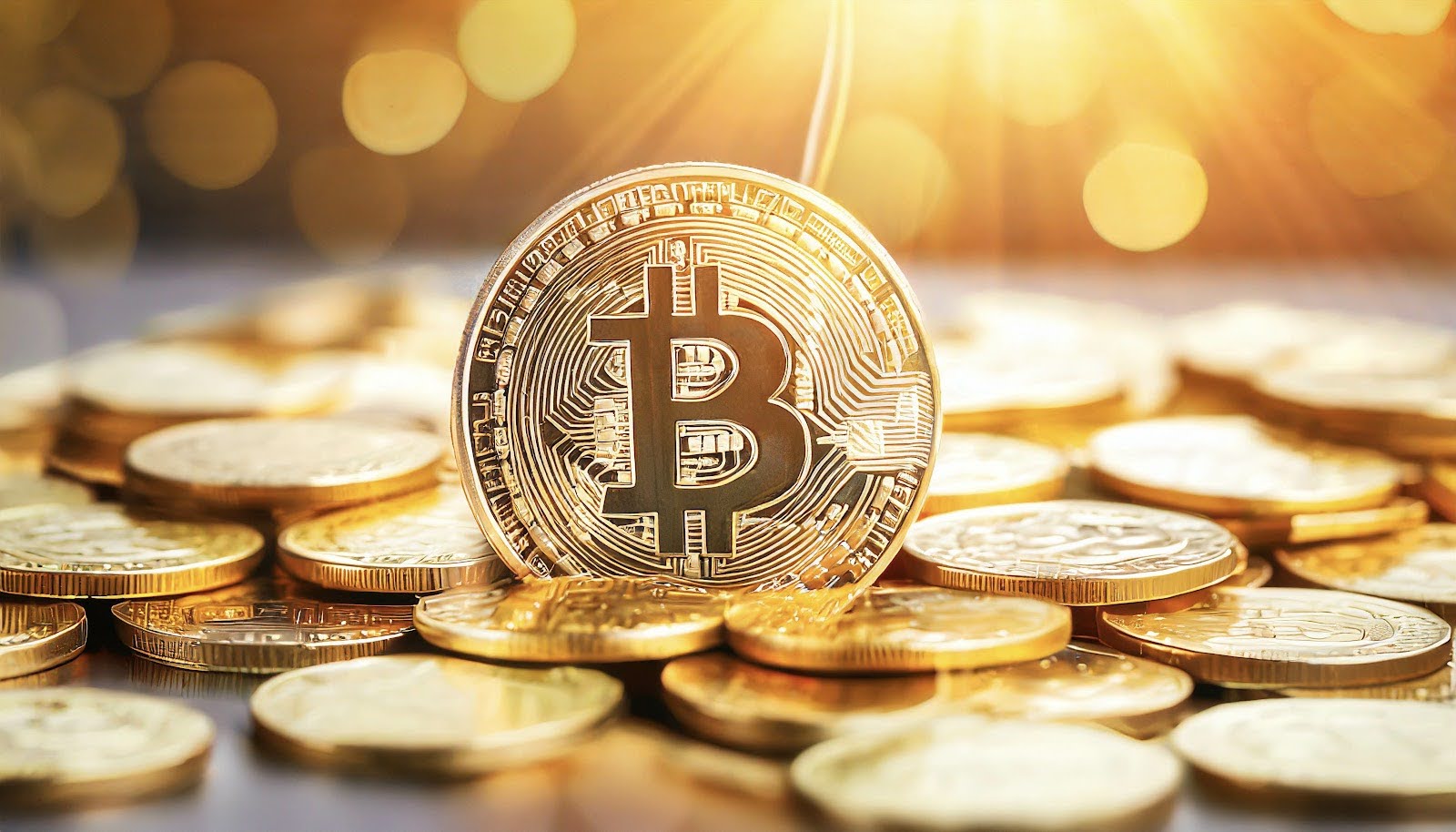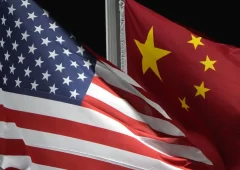Bitcoin Finds a New Role in Global Trade as Nations Look Beyond the Dollar
10.04.2025 11:00 2 min. read Alexander Stefanov
World Liberty Financial (WLFI), a decentralized finance platform positioning itself as a response to growing distrust in traditional systems, may soon find validation in the changing landscape of international trade.
Major global powers are beginning to experiment with Bitcoin as more than just an investment—some are now using it as a currency for cross-border energy deals.
According to VanEck, China and Russia have already begun settling parts of their energy trade using Bitcoin and other digital assets. This shift signals a broader effort to reduce dependency on the U.S. dollar and insulate transactions from Western financial infrastructure.
Other nations are taking similar steps—Bolivia, for instance, recently announced plans to import electricity using crypto, while French utility company EDF is reportedly testing Bitcoin mining as a way to utilize excess energy exports.
These moves align with World Liberty’s founding message: to build an alternative financial framework for those sidelined by centralized systems. Backed by former U.S. President Donald Trump, the project promotes financial independence through decentralized tools, including cryptocurrency adoption.
Despite market volatility, Bitcoin has consistently outpaced traditional indexes like the Nasdaq, with VanEck’s Matthew Sigel pointing out that macroeconomic shifts may further support its rise. If U.S. growth slows and inflation remains in check, the Federal Reserve could pivot toward lower interest rates—conditions that have historically fueled Bitcoin rallies.
Sigel also emphasized watching the U.S. Dollar Index (DXY). A weakening dollar, coupled with geopolitical shifts, could accelerate Bitcoin’s transition from speculative asset to global settlement currency.
For projects like World Liberty, the message is clear: the tide may finally be turning toward the decentralized future they’ve been building for.
-
1
Chinese-Linked Firm Quietly Embraces Bitcoin in Strategic Treasury Shift
17.05.2025 17:00 2 min. read -
2
Bitcoin Poised for Summer Surge if Support Holds Above $90K
18.05.2025 16:00 1 min. read -
3
Americans Want Bitcoin in U.S. Reserves, Survey Reveals Surprising Shift
20.05.2025 17:00 2 min. read -
4
Bitcoin Price Prediction From Galaxy Digital’s CEO
18.05.2025 9:00 2 min. read -
5
Bitcoin Hits New Historic Record Above $109,000, Pushing Market Cap Past $2.17 Trillion
21.05.2025 18:10 1 min. read
Bitcoin Faces Key Test as Fed Uncertainty and Market Exhaustion Collide
Bitcoin is treading water near $105,000, but pressure is building on both sides of the trade as macro forces tighten.
BlackRock Boosts Crypto Holdings with Over $350M in BTC and ETH
BlackRock is making another assertive move into digital assets, quietly expanding its crypto portfolio with sizable purchases of both Bitcoin and Ethereum.
JPMorgan Quietly Opens the Door to Bitcoin-Backed Lending
In a move that signals changing tides in traditional finance, JPMorgan is preparing to accept Bitcoin ETF holdings as collateral for loans—starting with BlackRock’s iShares Bitcoin Trust, according to insiders familiar with the plan.
Bitcoin Gains Spotlight as U.S. Debt Hits Breaking Point
With U.S. debt now over $36 trillion and the August 2025 ceiling deadline approaching, fears of default are mounting.
-
1
Chinese-Linked Firm Quietly Embraces Bitcoin in Strategic Treasury Shift
17.05.2025 17:00 2 min. read -
2
Bitcoin Poised for Summer Surge if Support Holds Above $90K
18.05.2025 16:00 1 min. read -
3
Americans Want Bitcoin in U.S. Reserves, Survey Reveals Surprising Shift
20.05.2025 17:00 2 min. read -
4
Bitcoin Price Prediction From Galaxy Digital’s CEO
18.05.2025 9:00 2 min. read -
5
Bitcoin Hits New Historic Record Above $109,000, Pushing Market Cap Past $2.17 Trillion
21.05.2025 18:10 1 min. read


